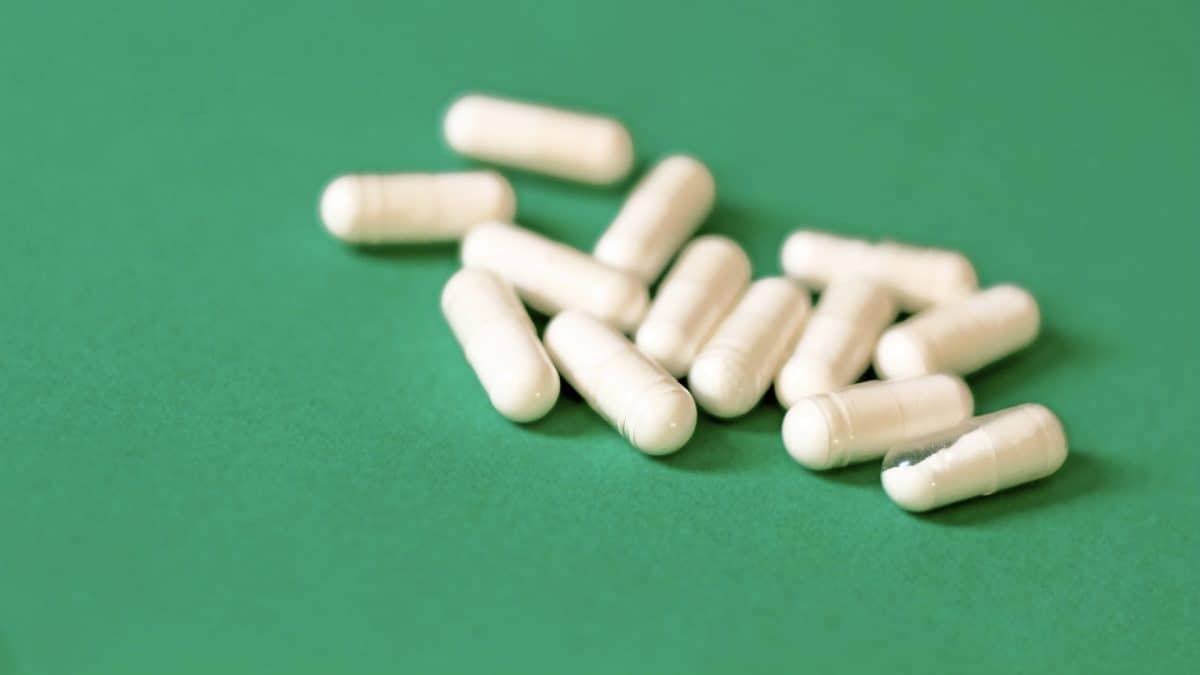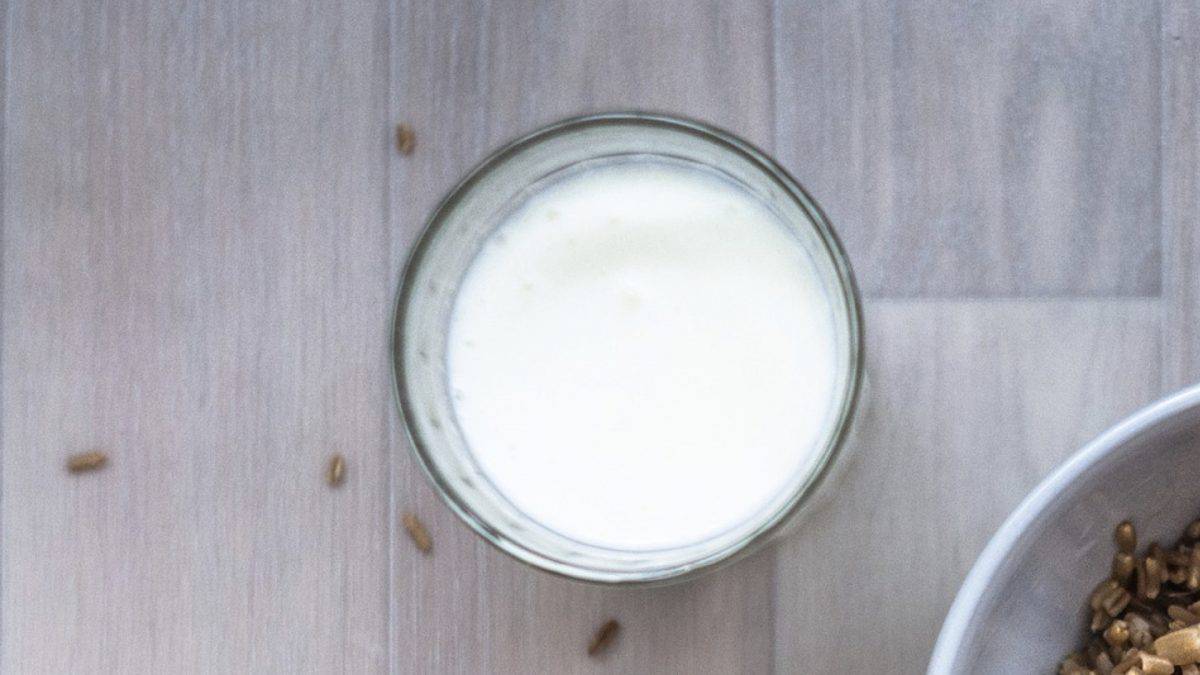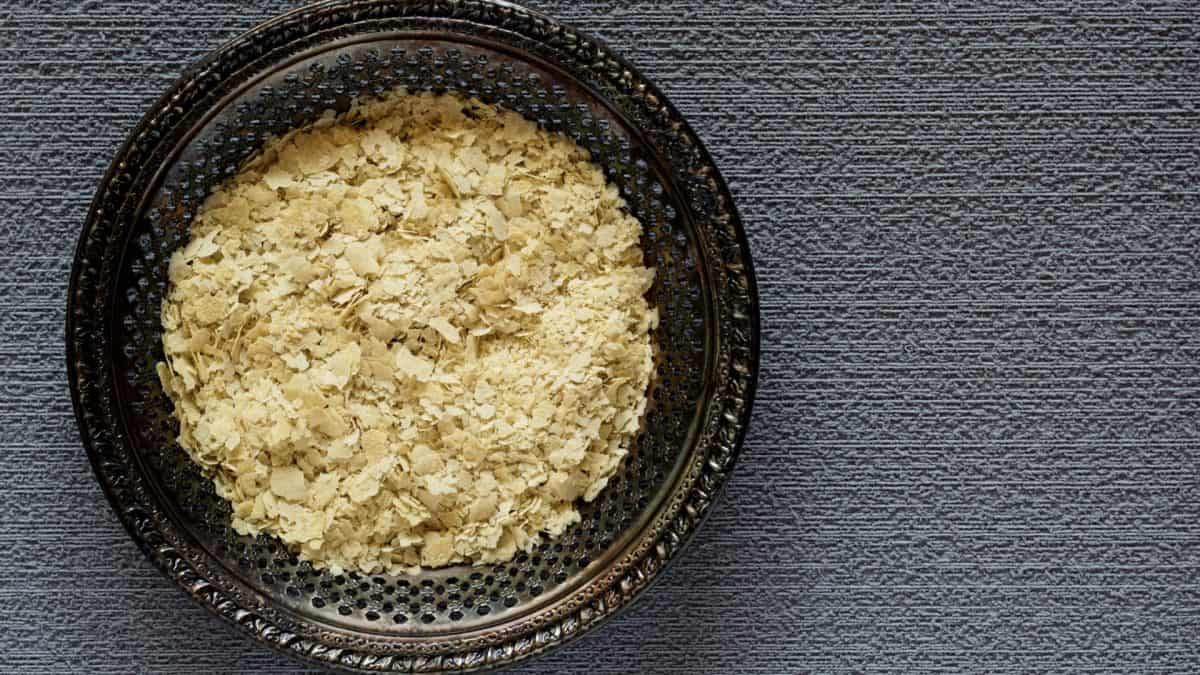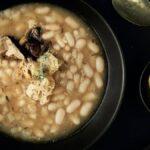
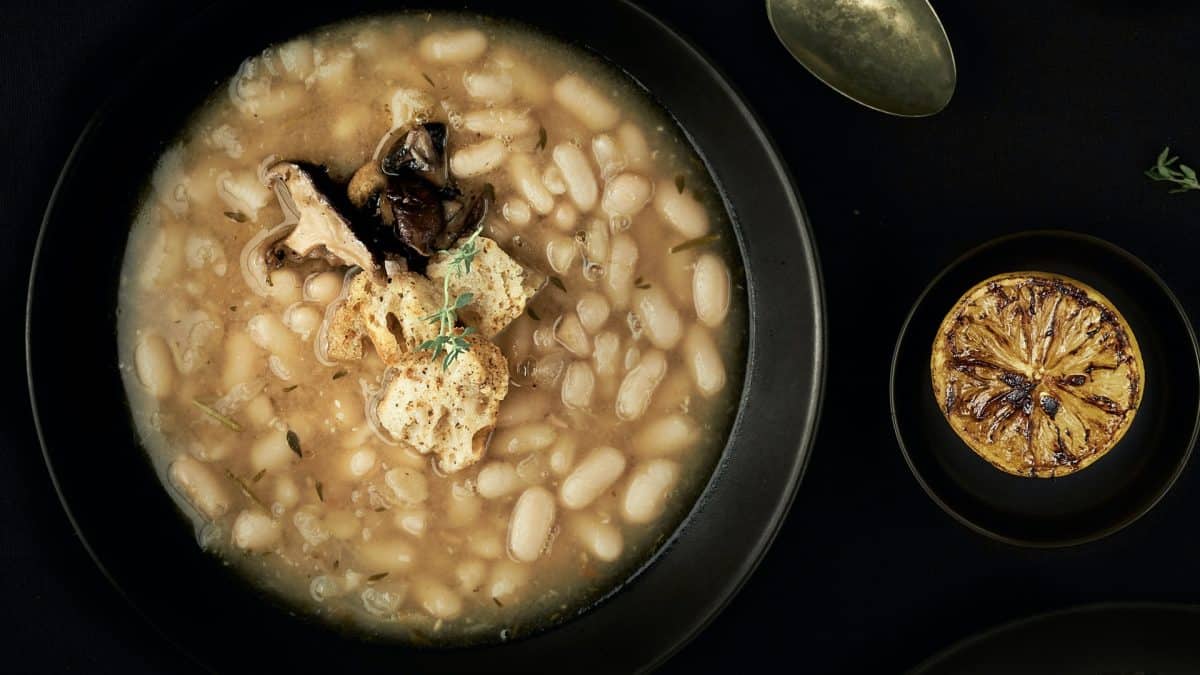
Might lectins help explain why those who eat more beans and whole grains have less cancer?
Lectins are to blame for the great “white kidney bean incident” of 2006 in Japan. One Saturday evening, a TV program introduced a new method to lose weight. The method was simple: toast some dry, raw, white kidney beans in a frying pan for three minutes, grind the beans into a powder, and then dust it onto rice. Within days, a thousand people fell ill, some with such severe diarrhea and vomiting they ended up in the hospital. Why? Lectin poisoning. Three minutes of dry heat is not enough to destroy the toxic lectins in kidney beans. If you don’t presoak them, you need to boil large kidney beans for a full hour to completely destroy all the lectins, though if you first soak them overnight 98 percent of the lectins are gone after boiling for just 15 minutes and all are gone by half an hour, as you can see at 0:44 in my video Are Lectins in Food Good or Bad for You?. And, indeed, when researchers tested the white beans, they found that toasting them for three minutes didn’t do a thing. It’s no wonder people got sick. But, 95 percent of the lectins were inactivated after boiling them for three minutes and completely inactivated after ten minutes of boiling. Evidently, “‘Do not eat raw beans’ is a traditional admonition in Japan to prevent intestinal problems”—and now we know why.
While canning may completely eliminate lectins from most canned beans, some residual lectin activity may remain in canned kidney beans, though apparently not enough to result in toxicity. And, ironically, “How doses of lectins may be beneficial by stimulating gut function, limiting tumor growth, and ameliorating obesity.” What? I thought lectins were toxic.
For as long as people have speculated dietary lectins are harmful, others have conjectured that they may be protective. “If this theory is correct, appropriate lectins by mouth should be of use in the prophylaxis [prevention] (and possibly treatment) of colon cancer.” Or, of course, we could just eat our beans.
Interest in the purported antitumor effect of plant lectins started with the discovery in 1963 that lectins could distinguish between cancer cells and normal cells. Researchers at Massachusetts General Hospital found a substance in wheat germ—the lectin in whole wheat—that appeared to be “tumor cell specific,” clumping together the tumor cells, while the normal cells were left almost completely alone. In fact, it is so specific that you can take a stool sample from someone and, based on lectin binding to the colon lining cells that get sloughed off into the feces, effectively predict the presence of polyps and cancers.
Subsequently, it was discovered that lectins couldn’t only distinguish between the two types of cells, but also extinguish the cancer cells, while largely leaving the normal cells alone. For example, that same white kidney bean lectin, as you can see at 2:53 in my video, was found to almost completely suppress the growth of human head and neck cancer cells, liver cancer cells, breast cancer cells, and cervical cancer cells (at least most of the way), within about three days—but that was in a petri dish. Those petri dish studies are largely the basis of the evidence for the antitumor activity of plant lectins. How do we even know dietary lectins are absorbed into our body?
Colorectal cancer is one thing. The fact that lectins can kill off colon cancer cells in a petri dish may be applicable, since lectins we eat may come in direct contact with cancerous or precancerous cells in our colon, “providing a mechanism” by which bean consumption may help in “the prevention and treatment of colorectal cancer.” Even more exciting is the potential for effectively rehabilitating cancer cells. The “loss of differentiation and invasion are the histological hallmarks of malignant cells,” meaning that when a normal cell transforms into a cancer cell, it tends to lose its specialized function. Breast cancer cells become less breast-like, and colon cancer cells become less colon-like. What these researchers showed—for the first time—is that the lectin in fava beans could take colon cancer cells and turn them back into looking more like normal cells. As you can see at 4:13 in my video, before exposure to the fava bean lectins, the cancer cells were growing in amorphous clumps. But, after exposure to the fava bean lectins for two weeks, those same cancer cells started to go back to growing glandular structures like normal colon issue. Therefore, dietary lectins or putting them in a pill “may slow the progression of colon cancer,” potentially helping to explain why dietary consumption of beans, split peas, chickpeas, and lentils appears to reduce the risk of colorectal cancer based on 14 studies involving nearly two million participants. Okay, but what about cancers outside of the digestive tract?
“Although lectin containing foods,” like beans and whole grains, “are frequently consumed cooked or otherwise processed, these treatments may not always inactivate the lectins…For example, lectins have been detected in roasted peanuts….” Peanuts are legumes, and we don’t tend to eat them boiled but just roasted or even raw. Are we able to absorb the lectins into our system? Yes. As you can see at 5:12 in my video, within an hour of consumption of raw or roasted peanuts, you can detect the peanut lectin in the bloodstream of most people. Same with tomatoes. Some of the non-toxic lectin in tomatoes also makes it down into our gut and into our blood. Wheat germ agglutinin, the wheat lectin known as WGA, doesn’t seem to make it into our bloodstream, though, even after apparently eating the equivalent amount of wheat germ in more than 80 slices of bread. And, if you ate something like pasta, the boiling in the cooking process might wipe out the lectin in the first place anyway.
In terms of phytochemicals in the fight against cancer, lectins are able to “resist digestion resulting in high bioavailability,” potentially allowing “the cellular mechanisms of the host to utilize the full potential of the…dramatic anti-cancer benefits” lectins have to offer. But, these dramatic benefits have yet to be demonstrated in people. We do know, however, that population studies show “that the consumption of a plant-based diet is strongly associated with a reduced risk of developing certain types of cancer.” People eating a plant-based diet could just be eating fewer carcinogens, but plants do have all those active components that do seem to protect against the “initiation, promotion, or progression” of cancer. So, maybe lectins are one of those protective compounds. We know people who eat more beans and whole grains tend to get less cancer overall, but we’re just not sure exactly why. Now, you could say, “Who cares why?” Well, Big Pharma cares. You can’t make as much money on healthy foods as you can on “lectin based drugs.”
Interested in learning more about lectins? Check out my videos Dr. Gundry’s The Plant Paradox Is Wrong and How to Avoid Lectin Poisoning.
Lectins remind me of the story about phytates. Other components of beans and whole grains, phytates were thought at first to be harmful, but, more recently, evidence is coming to light that suggests the opposite may be true. Check out Phytates for Rehabilitating Cancer Cells and Phytates for the Prevention of Osteoporosis.
What else may explain the protective effect of beans? See, for example, Gut Dysbiosis: Starving Our Microbial Self. Soybeans may be particularly protective against certain cancers, as you can see in BRCA Breast Cancer Genes and Soy.
In health,
Michael Greger, M.D.
PS: If you haven’t yet, you can subscribe to my free videos here and watch my live presentations:
Some of the links in this article are "affiliate links", a link with a special tracking code. This means if you click on an affiliate link and purchase the item, we will receive an affiliate commission.
The price of the item is the same whether it is an affiliate link or not. Regardless, we only recommend products or services we believe will add value to our readers.
By using the affiliate links, you are helping support our Website, and we genuinely appreciate your support.
Last updated on March 16th, 2021 at 06:00 am

